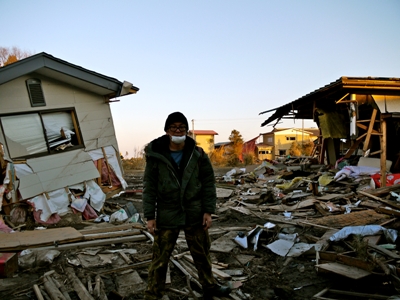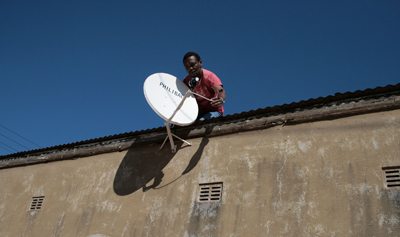News site blocked after covering Tajik official’s murder
New York, July 24, 2012–Authorities in Tajikistan blocked domestic access to the independent regional news website Asia-Plus on Monday after the outlet reported on the murder of a high-ranking security official and its aftermath, according to news reports. The Committee to Protect Journalists calls on the government to immediately restore access to the site.
Attacks on the Press in 2011: Libya
Journalists worked in extraordinarily dangerous conditions during the eight-month uprising that ended 42 years of rule by Muammar Qaddafi and led to his death. Five journalists were killed amid fierce fighting between rebels and loyalists. Qaddafi’s regime unleashed a widespread campaign to silence foreign and local journalists, detaining dozens in abusive conditions. In February, Qaddafi…
Attacks on the Press in 2011: Egypt
During the 18-day uprising that led to Hosni Mubarak’s ouster, the government unleashed a systematic campaign to intimidate journalists and obstruct news coverage. Dozens of serious press freedom violations were recorded between January 25 and February 11, as police and government supporters assaulted journalists in the streets. One journalist was killed by sniper fire while…

Freelancer Hiro Ugaya on covering Japan’s crisis
Following up on our post about the difficulties of covering the aftermath of the Japanese earthquake from outside the mainstream media, CPJ spoke with intrepid freelancer Hiro Ugaya, whom we first interviewed in 2010. “From April 2 to 8, I was traveling in tsunami-destroyed area in Tohoku, northeastern Japan,” he told CPJ by email from…

Sub-Saharan Africa censors Mideast protests
As news of Middle Eastern and North African protests swirl around the globe, satellite television and the Internet prove vital sources of information for Africans as governments fearful of an informed citizenry and a free press such as in Eritrea, Equatorial Guinea, and Zimbabwe impose total news blackouts on the developments.
Tunisia must end crackdown on media
New York, January 12, 2010–Tunisian authorities must end their weeks-long crackdown on bloggers and reporters covering street protests, the Committee to Protect Journalists said today. Scores of journalists have been detained in the past four weeks, three of whom remain in custody. Local and international reporters have faced continued harassment, including detention, restrictions on movement,…
Attacks on the Press in 2008: Preface
By Carl Bernstein When the Committee to Protect Journalists was founded in 1981, the prevailing threats to freedom of the press around the world were still from juntas, dictators, authoritarian regimes, and social systems determined to dominate the media as a means of maintaining control over citizens, usually within the boundaries of the nation-state. Toward…